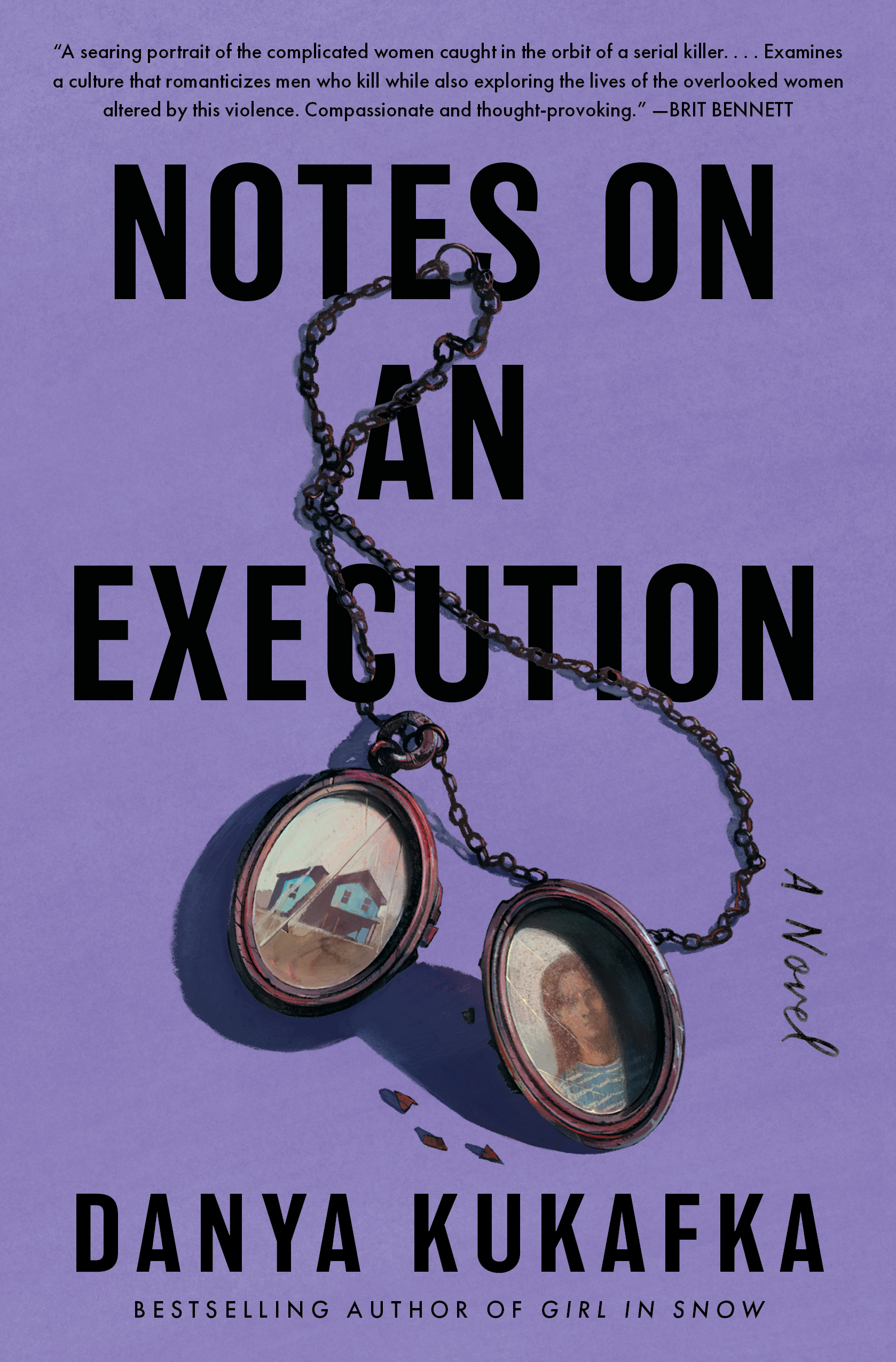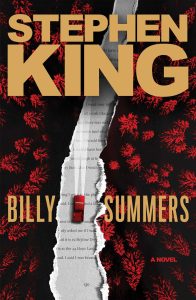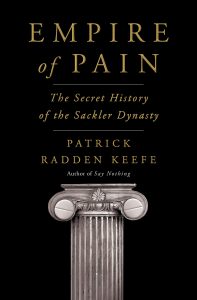
Genre: Literary Suspense, Crime Fiction
Rating: ★★★★★ (4.5/5)
Danya Kukafka’s Notes on an Execution is a haunting, poetic, and unflinchingly intelligent novel that reshapes how we view crime, punishment, and empathy. This isn’t your typical serial killer story. It’s a quiet storm that builds slowly, focusing not on the man who killed but on the women who survived the wake of his violence and on the systems that created him.
The story begins with a countdown. Ansel Packer, a convicted murderer, is awaiting execution in twelve hours. Through fragments of his past and the lives of those connected to him, the novel unfolds like a broken mirror each reflection showing how tragedy ripples through lives long after the final act of violence. We meet Lavender, his desperate young mother; Hazel, the sister-in-law forced to witness the implosion of her family; and Saffy, the relentless detective who refuses to look away.
Kukafka’s prose is lyrical and meditative. Every line feels deliberate, like she’s not only telling a story but dissecting one. As Regina wrote in her review, this book is a “rare unicorn” a literary work that balances heart-stopping suspense with profound social commentary. Kukafka exposes our collective fascination with violent men and questions why society continues to glorify their narratives. She writes with a sharp feminist lens, reminding us that while killers are studied and mythologized, their victims are too often reduced to footnotes.
Yet, Notes on an Execution is not a polemic it’s human. Even Ansel’s chapters are written with restraint. Some readers, like chan ☆, found this choice troubling, feeling that giving Ansel a voice risks humanizing him too much. But that moral discomfort is precisely what makes the book so unsettling and powerful. It forces us to confront the uncomfortable truth that empathy and accountability can coexist.
For others, like Katie Colson, this novel is a revelation. Through its multiple perspectives, Kukafka dismantles the “monster myth” and instead presents a deeply flawed man molded by trauma, neglect, and an indifferent system. The book doesn’t excuse him it indicts the world that let him slip through the cracks. The critique of the justice system and the death penalty feels especially sharp. Kukafka poses the question: what do we gain from executing men like Ansel? Does vengeance ever bring peace, or does it simply perpetuate the same cycle of violence we claim to despise?
Ultimately, Notes on an Execution is less about a murderer’s final moments and more about the quiet endurance of women their pain, their resilience, and their reclamation of the narrative. It’s literary suspense with a conscience, written in prose that hums like a heartbeat.
If you appreciated the moral complexity of Long Bright River or The Mars Room, this book will stay with you long after you close it. Kukafka doesn’t just tell a story; she asks us to look at ourselves, our obsessions, and the stories we choose to keep alive.
👉 Purchase your copy of Notes on an Execution here: https://amzn.to/4ofDXnH


